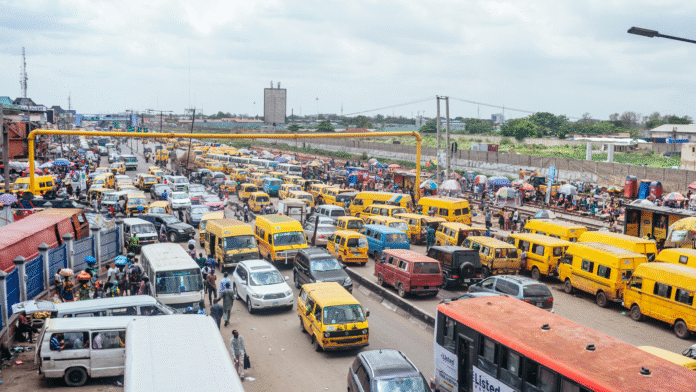Introduction:
Nigeria is often referred to as the “Giant of Africa” a country known for its immense population, cultural diversity, and abundant natural resources. Located in West Africa, Nigeria has grown into a regional powerhouse with global influence in music, film, sports, and business. With over 200 million citizens and more than 250 ethnic groups, Nigeria is a melting pot of traditions, talents, and potential. This country ascribe explores Nigeria’s unique identity, touching on the aspects that matter most to its people and captivate the world.
Geography and Location:
Nigeria is strategically located in West Africa, bordered by Benin to the west, Niger to the north, Chad to the northeast, and Cameroon to the east. To the south lies the Atlantic Ocean, offering a crucial access point for international trade. Nigeria spans about 923,769 square kilometers and has varied geography ranging from the arid Sahel in the north to the lush rainforests and mangrove swamps in the south. Abuja, the capital city, is centrally located, while Lagos is the bustling economic capital.
People and Ethnic Diversity:
Nigeria’s greatest asset is its people. The country is home to over 250 ethnic groups, each with distinct cultures, languages, and traditions. The three largest ethnic groups are the Hausa-Fulani (North), Yoruba (Southwest), and Igbo (Southeast). Others include the Tiv, Ijaw, Kanuri, Ibibio, Nupe, and Gwari. This incredible diversity fuels the nation’s vibrant festivals, foods, fashion, and music scenes. Over 500 languages are spoken in Nigeria, with English as the official language for unity.
Historical Legacy:
Nigeria has a rich historical background, with civilizations like the Nok culture (1000 BC), the Benin Kingdom, the Oyo Empire, and the Kanem-Bornu Empire laying early foundations. The area later became part of the British colonial empire and was amalgamated in 1914. Nigeria gained independence on October 1, 1960. Since then, it has witnessed civil war, military rule, and democratic transitions – all shaping its political and social landscape.
Cultural Powerhouse:
Nigeria’s culture is a global export. From traditional dances and masquerades to modern Nollywood films and Afrobeats music, Nigeria influences global culture. Festivals such as the Osun-Osogbo Festival, Argungu Fishing Festival, and Eyo Festival attract both locals and tourists. Nigerian fashion designers, writers, and musicians have achieved global fame, with names like Chimamanda Ngozi Adichie, Burna Boy, Wizkid, Davido, and Tems becoming household names worldwide.
Economy and Industry:
Nigeria is Africa’s largest economy, primarily driven by petroleum exports, agriculture, telecommunications, and services. The country is a major oil producer, but also rich in natural gas, tin, limestone, and iron ore. Agriculture remains vital, employing over 30% of the workforce, with crops like cassava, yam, rice, and maize. In recent years, tech hubs in Lagos and Abuja have positioned Nigeria as Africa’s growing digital economy.
Political Structure and Leadership:
Nigeria operates a federal republic system with 36 states and the Federal Capital Territory, Abuja. Power is shared between the executive, legislative, and judicial branches. Since returning to democracy in 1999, Nigeria has seen peaceful transitions of power, although challenges like electoral violence and corruption persist. Efforts to reform institutions and ensure inclusive governance remain ongoing.
Social Challenges and National Resilience:
Despite its strengths, Nigeria faces significant challenges. These include insecurity from terrorism and banditry, youth unemployment, inflation, poor infrastructure, and corruption. However, Nigerians are known for their resilience, innovation, and hustle spirit. Across the country, young people are driving startups, creating art, organizing change, and shaping a brighter future against the odds.
International Presence and Diaspora Impact:
Nigerians abroad form a powerful global diaspora excelling in medicine, tech, academia, business, and entertainment. They contribute billions in remittances annually and play a key role in promoting Nigeria’s image worldwide. The global achievements of Nigerians in sports, literature, and film continue to raise the country’s profile on the world stage.
Conclusion:
Nigeria is not just a country, it is an idea, a movement, and a promise. With all its complexity and contradictions, it remains a land of enormous opportunity, boundless talent, and unshakable hope. Its rich culture, strong people, and strategic potential make it a central player in the African story and a rising voice in global affairs. This Country Ascribe celebrates Nigeria not only for what it has been, but for what it is becoming: a truly remarkable giant of Africa.





